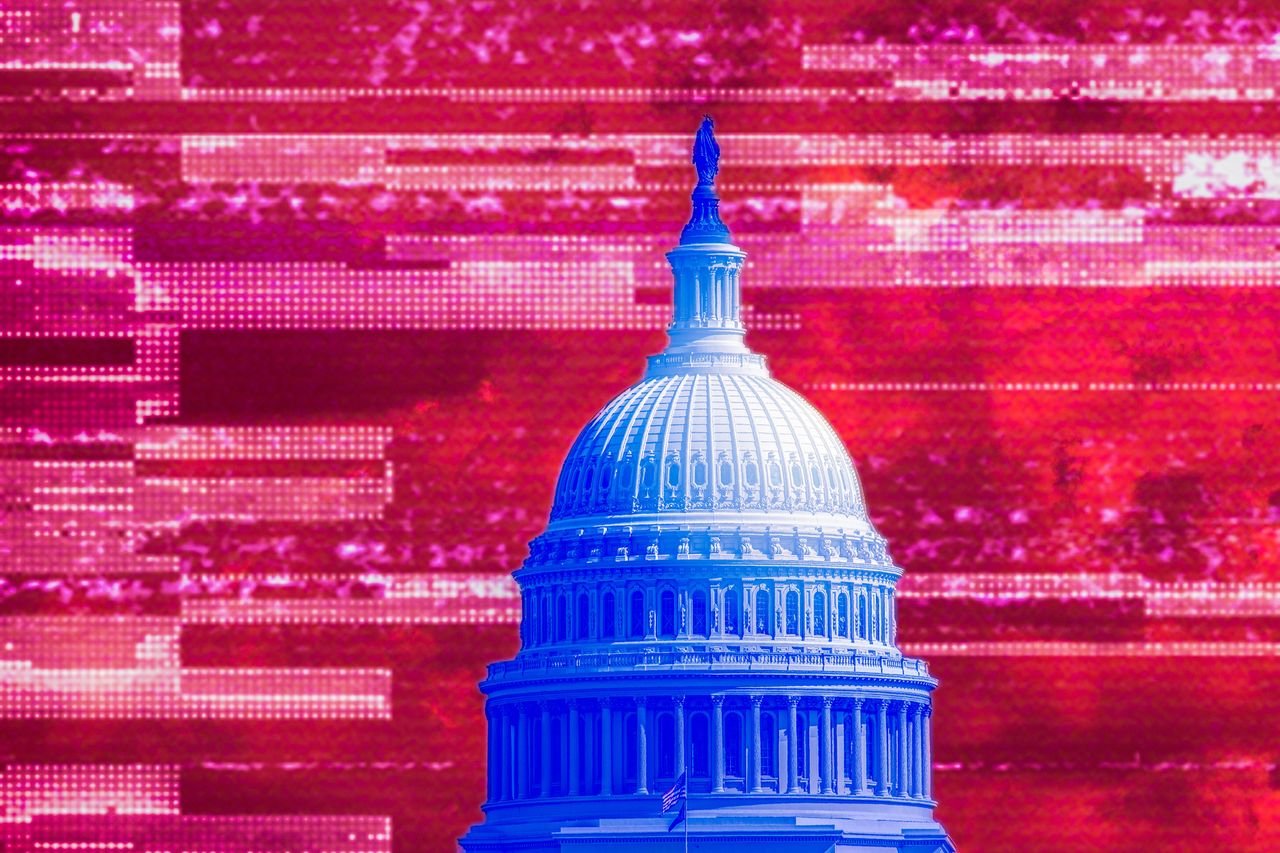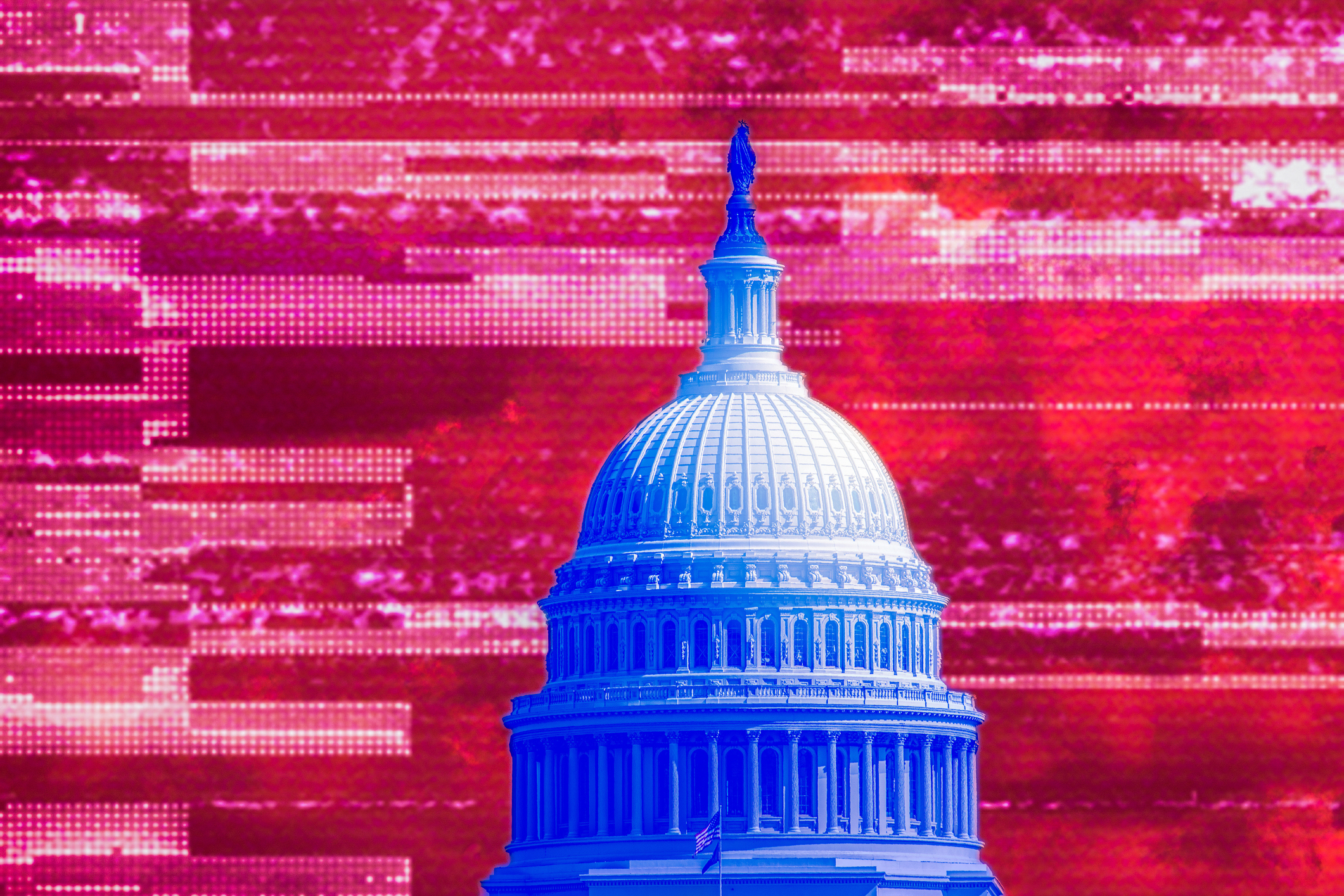
You might think that tax law changes are “over and done” this time of year. After all, the GOP reconciliation legislation, nicknamed the ‘One Big Beautiful Bill’ (OBBB), establishes several provisions that all states must abide by. Right?
Well, actually, some state lawmakers are already looking for ways to avoid some of the policy revisions enacted in the OBBB — and they might do so as early as their next state legislative session.
For instance, while the OBBB phases out the federal electric vehicle (EV) tax credit very soon, California officials are trying to enact a state EV tax break that could help counteract the elimination.
Sign up for Kiplinger’s Free Newsletters
Profit and prosper with the best of expert advice on investing, taxes, retirement, personal finance and more – straight to your e-mail.
Profit and prosper with the best of expert advice – straight to your e-mail.
Meanwhile, many states have passed workarounds to the federal state and local tax (SALT) deduction cap, and still others may never accept the OBBB as part of their state tax code.
What does all of this mean for you and your tax bill? Here’s more of what you need to know.
Gavin Newsom calls for EV tax credit replacement
The latest challenge to the new Trump tax law began before the OBBB was officially signed into law on July 4, 2025.
In June, President Trump enacted three resolutions preventing California from setting stricter emissions standards than those established by the federal government.
Governor Gavin Newsom issued an executive order in response (in addition to a lawsuit), directing California agencies to devise strategies for promoting zero-emission vehicles. And late last month, the California Air Resources Board (CARB) delivered on that directive.
CARB, which is tasked with the state’s public welfare and ecological resources, has outlined a strategy to support clean transportation production. The report includes:
- Backfilling federal tax credits. CARB intends to sustain sales of new and used zero-emission electric vehicles by utilizing state funds for point-of-sale rebates, vouchers, and other credits.
- Developing more educational pathways to EV jobs. The plan also aims to facilitate equitable access to college courses, apprenticeships, and certification programs within the clean transportation sector.
If accomplished, the items outlined in the CARB report could counteract the expiring EV tax credits in the OBBB. So even when the federal EV tax credit goes away, California residents may still reap the benefits of a state tax break if it becomes law.
SALT deduction cap: State workarounds
The OBBB temporarily raises the SALT deduction cap to $40,000 from $10,000. This means itemizing eligible taxpayers below a certain income limit may only deduct up to this amount on their federal income tax return until 2029 (with an annual 1% increase beginning in 2026).
After that time, the cap reverts to the Tax Cuts and Jobs Act (TCJA) cap of just $10,000.
However, many states have sought strategies to circumvent the SALT cap ever since the TCJA set a limit. The principal avoidance method is through Pass-Through Entity Taxes (PTETs).
- PTETs enable businesses like limited liability companies, S corporations, and partnerships to pay state taxes at the entity level instead of at the individual level.
- This effectively bypasses the SALT cap of $10,000, as this limit does not apply to entity-level returns.
- According to the Tax Foundation, 36 states have adopted PTETs since 2018, the year the TCJA was enacted.
As reported by Kiplinger, taxpayers in high-property tax states are often hit the hardest by a SALT deduction cap. And as property taxes are one of the top hidden home costs among buyers with regrets, states may continue to search for ways to circumvent the federal SALT limit.
Does my state have to accept Trump’s tax law?
Even though the OBBB is federal law, it doesn’t have to be part of state tax laws. That’s because states have three options when it comes to adopting current federal tax policy:
- Rolling conformity. States can automatically follow the latest federal rules for the current tax year. There are approximately 20 states and the District of Columbia that follow this standard.
- Static conformity. About 17 states currently conform to federal tax law as of a specific date, according to the Tax Foundation. Typically, static states update their conformity date every year through legislation.
- Selective conformity. Four states can choose to have selective conformity, meaning they can “pick and choose” which parts of the federal tax law to follow, rather than adopting the tax code in its entirety.
The states with selective conformity — Arkansas, Mississippi, New Jersey, and Pennsylvania — have the most relative leeway in determining how much of the federal tax code to accept in their state individual income tax codes. They may choose “the best parts” of the OBBB for their constituents, while leaving the rest on the table.
And although most state legislature sessions had closed by the time OBBB was passed, that hasn’t stopped some states, like Colorado and Louisiana, from calling special sessions to discuss the implications of the new federal tax law on state taxpayers.
During state legislative special sessions, lawmakers can enact new laws to sometimes lessen the impact of new federal legislation.
With many states having depleted COVID-era federal aid, and the OBBB potentially lowering state revenue projections, 2026 could be an interesting (and perhaps tumultuous) year for state tax legislation. Stay tuned.

